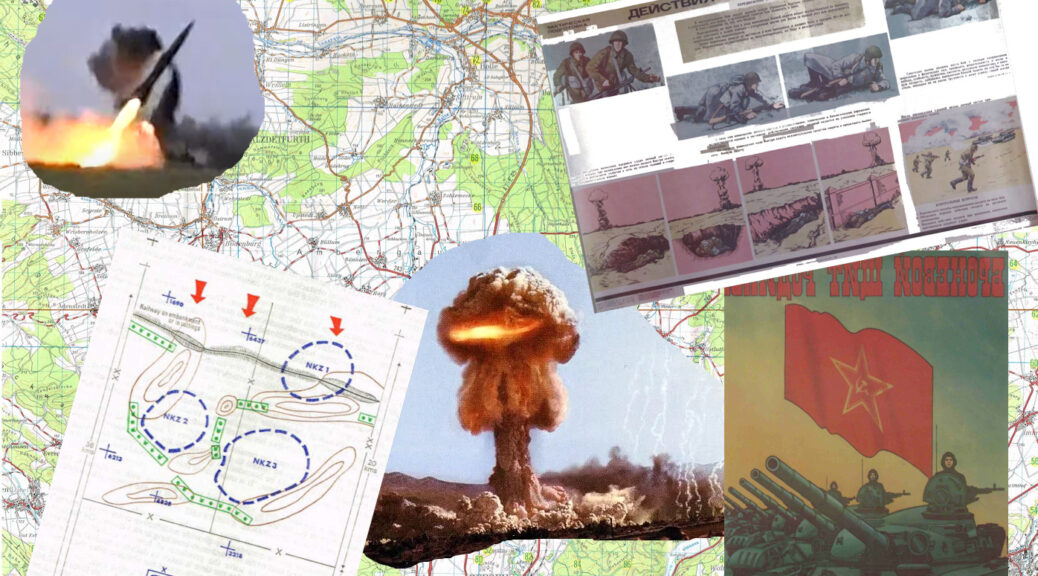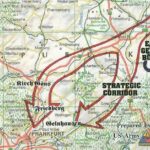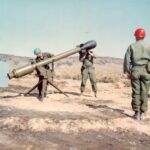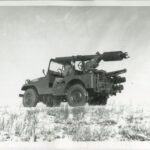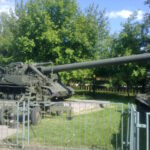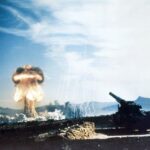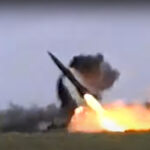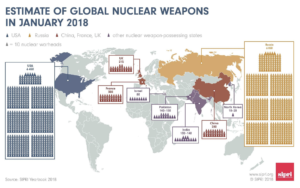Vladimir Putin’s remarks in October 2022 that were a reminder that nuclear weapons have not gone away. Even though most armed forces have concluded that the tactical nuclear weapons have limited utility on a twenty first century battlefield, it would be unwise to be unaware of their characteristics, or how the might be used on the battlefield.
One of the best places to study the characteristics of tactical nuclear weapons is on the cold war “battlefield” of Western Germany. Here, for several decades, NATO strategy was based on the threat of nuclear escalation. British forces in Germany planned and practiced the use of nuclear weapons and operations under the threat of nuclear, biological and chemical weapons.
Before the introduction of precision guided munitions, nuclear weapons were regarded as key to stopping an armoured assault by Warsaw Pact forces. In the 1970s British organisation and tactics were designed around the nuclear battlefield.
The battlefields where BAOR anticipated fighting the Warsaw pact is a good place to explore how the Soviets saw the nuclear era as a revolution in military affairs and how it changed the way the Soviets planned to fight and its legacy in Soviet and Russian doctrine and equipment.
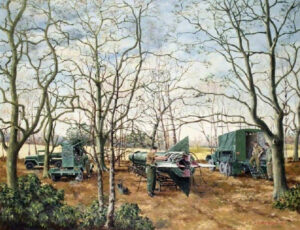
It is somewhere to explore the characteristics of nuclear weapons. How might they actually be used? What would an army contemplating tactical nuclear weapons need to consider in planning and employing them?
Happy to discuss staff rides, battlefield studies or contributions to study days.
